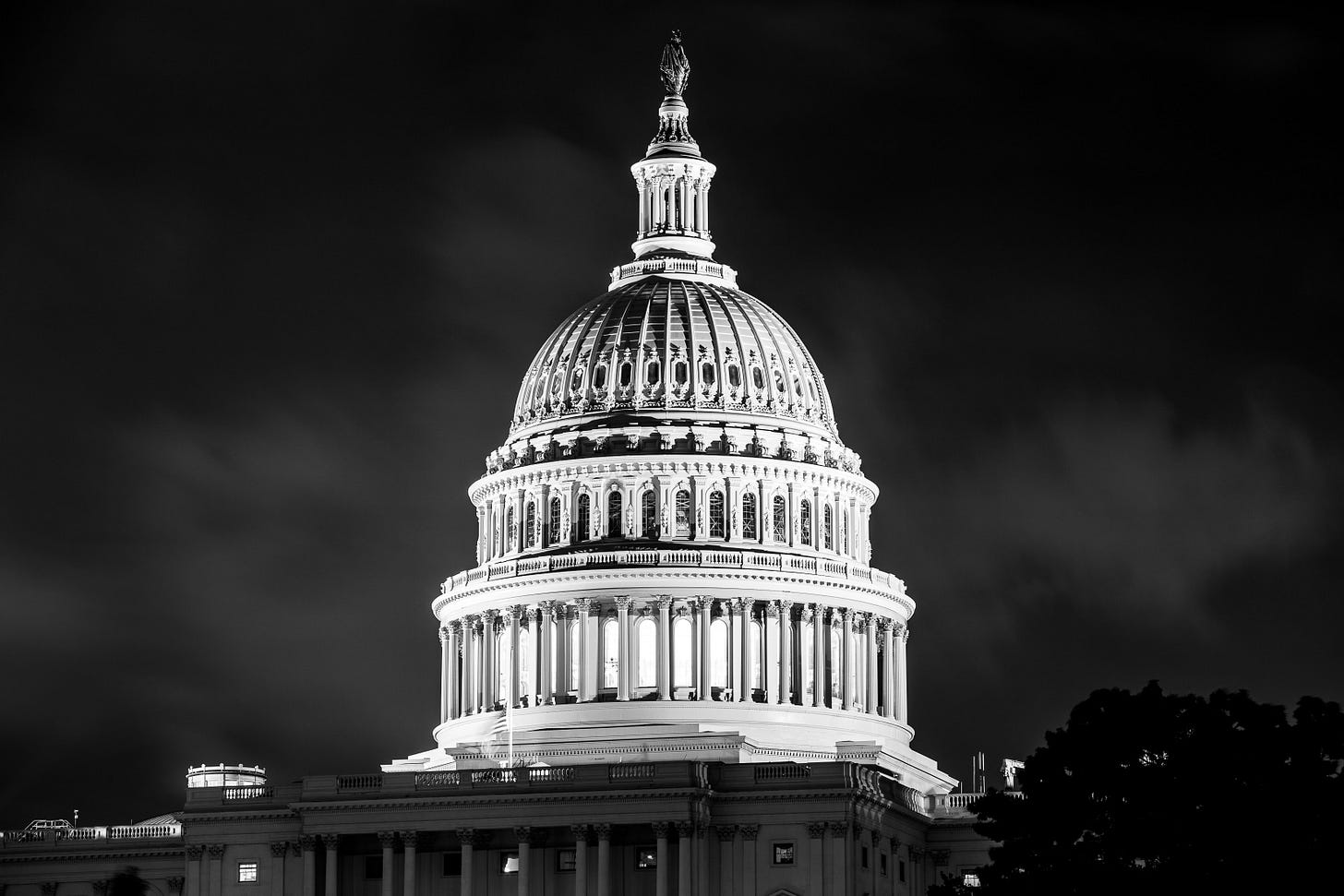Alternative social networks are a growing force as Facebook and Twitter suspend Trump
What happens when those spurned by Facebook and Twitter migrate elsewhere?
Welcome to the 900+ new Big Technology subscribers joining us this week. Thank you to everyone who shared the last edition, your help went a long way. Know someone who might enjoy Big Technology? Feel free to forward their way. Here’s an easy way to subscribe:
Four years ago, startup founder Andrew Torba emailed me about a social network he was building,…


